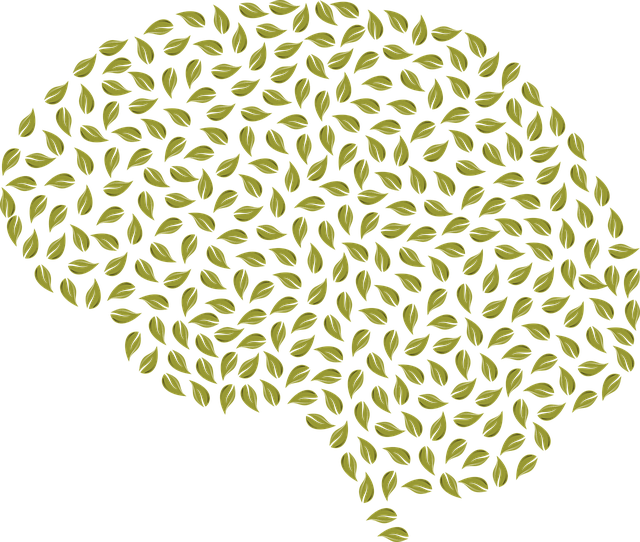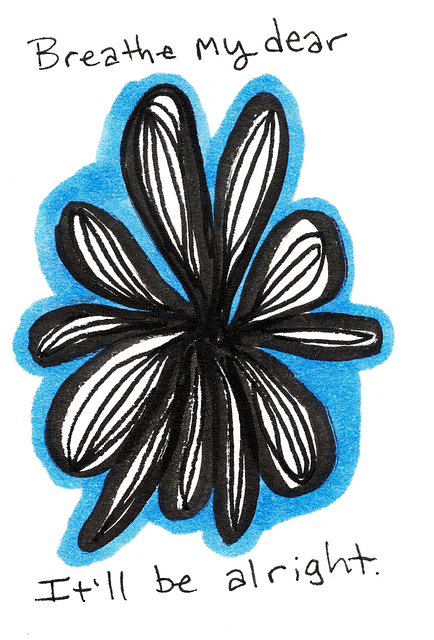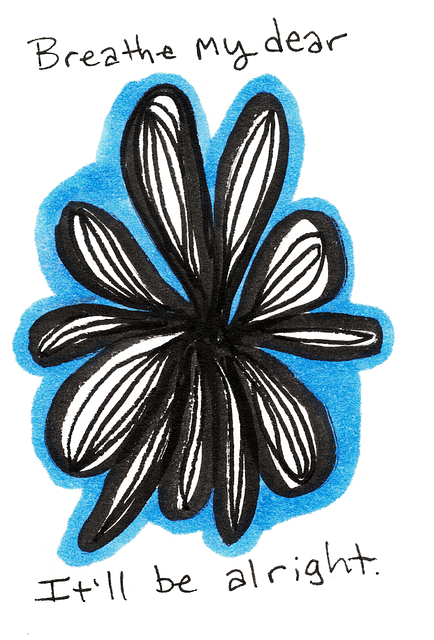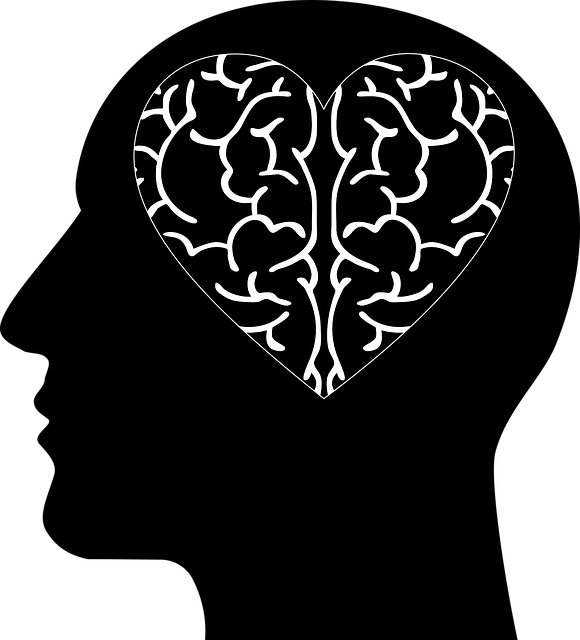Lone Tree Dialectical Behavioral Therapy (DBT) is a powerful tool for mood regulation, offering a structured program focused on emotional regulation, distress tolerance, interpersonal effectiveness, and mindfulness. Through DBT, individuals learn to identify triggers, build inner strength, improve communication, and transform their relationship with emotions, ultimately fostering long-term mental wellness. Integrating daily practices from Lone Tree DBT, such as mindfulness and positive affirmations, enhances emotional resilience and calm amidst life's challenges.
Mood regulation is a vital skill for navigating life’s challenges. This article explores various strategies, with a focus on the power of Dialectical Behavioral Therapy (DBT) in managing emotions effectively. We delve into practical techniques for daily mood management, offering a personalized approach through ‘Lone Tree DBT’—a unique therapy style. Discover how these strategies can enhance emotional well-being and provide tools to foster resilience, especially in today’s fast-paced world.
- Understanding Mood Regulation: The Role of Dialectical Behavioral Therapy (DBT)
- Practical Strategies for Daily Mood Management
- Lone Tree DBT: A Personalized Approach to Emotional Well-being
Understanding Mood Regulation: The Role of Dialectical Behavioral Therapy (DBT)

Understanding Mood Regulation: The Power of Dialectical Behavioral Therapy (DBT)
Mood regulation is a crucial aspect of emotional well-being, and when left unaddressed, it can lead to overwhelming emotions that impact daily functioning. This is where Dialectical Behavioral Therapy (DBT), a highly effective form of therapy, plays a pivotal role. DBT, often sought after by those dealing with mood disorders or emotional distress, provides valuable tools for managing and stabilizing one’s emotional state. It empowers individuals to develop healthier coping mechanisms and enhance their overall resilience.
In the context of Lone Tree Dialectical Behavioral Therapy, clients learn to navigate their emotions through a structured program focusing on four key areas: emotional regulation, distress tolerance, interpersonal effectiveness, and mindfulness. These therapy sessions facilitate the exploration of emotional healing processes, helping individuals understand their triggers and develop inner strength. Moreover, DBT encourages effective communication strategies, enabling people to express themselves constructively and build healthier relationships. By combining these techniques, Lone Tree DBT offers a comprehensive approach to transforming one’s relationship with emotions and fostering long-term mental wellness.
Practical Strategies for Daily Mood Management

Maintaining a stable mood on a daily basis can be challenging, but with the right strategies, it’s achievable. One effective approach is to incorporate techniques from Dialectical Behavioral Therapy (DBT), which has been proven valuable for emotional well-being promotion. The Lone Tree DBT therapy model emphasizes mindfulness, helping individuals stay present and aware of their feelings without judgment. This practice allows people to better understand and manage their emotions.
Additionally, building resilience is key to long-term mood regulation. Encouraging a positive mindset through affirmations and gratitude practices can significantly impact overall happiness. By focusing on the good and reframing negative thoughts, individuals can enhance their emotional agility and bounce back from setbacks more easily. These practical strategies, combined with Lone Tree DBT therapy techniques, offer a comprehensive approach to daily mood management and fostering a sense of calm amidst life’s challenges.
Lone Tree DBT: A Personalized Approach to Emotional Well-being

Lone Tree Dialectical Behavioral Therapy (DBT) offers a personalized approach to emotional well-being, combining elements from cognitive-behavioral therapy with mindfulness practices. This unique treatment method is designed to help individuals effectively regulate their moods and emotions, especially those struggling with intense or unpredictable feelings. DBT focuses on teaching skills in four key areas: mindfulness, distress tolerance, emotion regulation, and interpersonal effectiveness, which are essential for maintaining mental wellness.
The Mental Wellness Podcast Series Production often highlights the power of Mind Over Matter Principles, emphasizing that changing one’s thoughts and perspectives can significantly impact overall emotional state. Lone Tree DBT leverages these principles to empower clients with tools to navigate life’s challenges. Additionally, Social Skills Training is a vital component, fostering healthier interactions and relationships, which are crucial for supporting an individual’s emotional resilience.
In conclusion, managing mood effectively is a cornerstone of emotional well-being. This article has explored various methods, highlighting the power of Lone Tree Dialectical Behavioral Therapy (DBT) as a personalized approach to coping with emotions. By combining theoretical understanding with practical strategies, individuals can take control of their mental state and lead more balanced lives. For those seeking tailored support, Lone Tree DBT offers a unique path towards mood regulation and enhanced emotional resilience.














